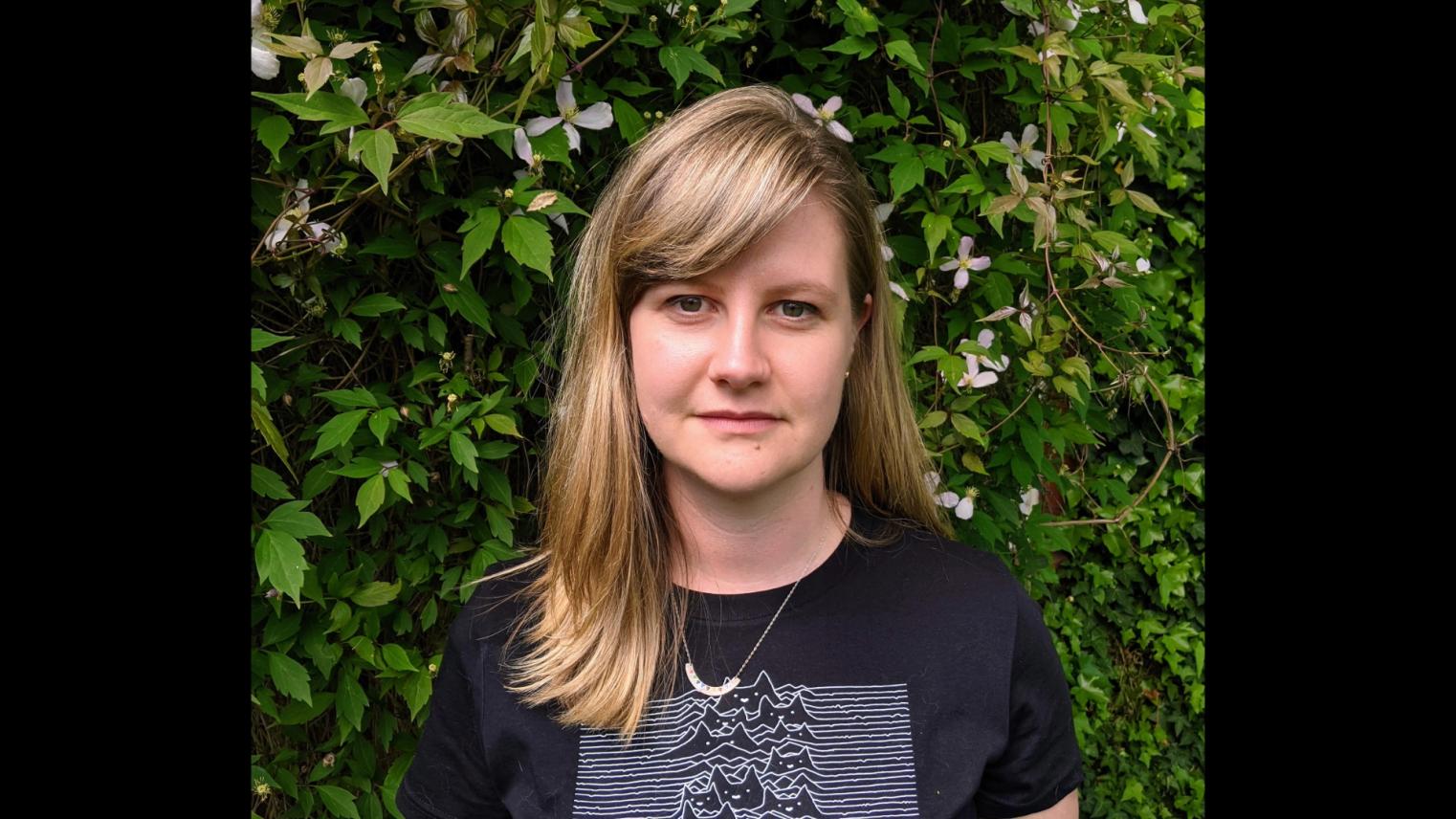Building bridges in the Asia Pacific: Kate Walton’s journey from CAP to global impact

ANU College of Asia and the Pacific alumna Kate Walton spends her days working to protect the rights of women and marginalised peoples in Southeast Asia and the Pacific.
As a gender and social development specialist, Kate works with international agencies and NGOs across the region, focusing on issues like gender-based violence, sexual and reproductive health, and the intersection between gender and infrastructure development.
She describes it as a challenging but rewarding career, inspired by her time at the ANU College of Asia and the Pacific (CAP).
“There is absolutely zero chance I would be doing the work and activism I do now without having studied Asian Studies,” Kate says.
Kate graduated with a Bachelor of Asian Studies (Honours) in 2009 from our School of Culture, History and Language, after growing up in Canberra and feeling drawn to the Asia-Pacific region from an early age.
“I’m a bit of a language nerd and studied both Indonesian and Japanese at school, so I wanted to continue doing that. The Australian National University (ANU) was the logical choice for someone interested in Asia and the Pacific,” she says.
Housed at ANU, the ANU College of Asia and the Pacific (CAP) is uniquely positioned as a global leader in research and education in the Asia-Pacific region. With one of the largest collections of Asia-Pacific languages in the world, and home to globally recognised scholars in politics, history, security, development and anthropology, CAP offers students the opportunity to explore the region in depth and with real-world experience.
For Kate, this meant not only honing her Indonesian and Japanese language skills but also building a foundational understanding of the region’s complex histories and socio-political contexts, which shaped her career path.
"The flexibility was really appealing to me, especially because I didn’t know what I wanted to do with my life then,” she says.
Kate’s work has taken her from urban Jakarta to some of the most remote parts of Papua New Guinea. One of her most rewarding projects in recent years was supporting the design of a women’s economic empowerment and gender-based violence prevention initiative in the Highlands of Papua New Guinea, funded by the Asian Development Bank (ADB).
“The project is part of a massive investment to improve key roads in the Highlands region,” Kate says.
“To develop a meaningful, positive project meant spending time with women in the communities, listening to their experiences, and working out how to provide road access while mitigating the risk of negative development consequences and exploitation. This was a huge challenge, as was visiting the communities themselves – the terrible condition of the roads meant that some women had never left their villages, while others said the last time anyone provided any sort of training to them was over 20 years ago."
The project was approved by the ADB’s board in 2024 and stands as one of Kate’s proudest professional achievements.
Kate’s story is a powerful testament to the value of a degree from the ANU College of Asia and the Pacific. With its unparalleled expertise in the Asia-Pacific region, the College equips graduates with the language proficiency, cultural literacy and critical thinking needed to make a positive impact in our region and beyond.
“People often misunderstand where an Asian Studies degree can lead you,” Kate says.“
Graduates from ANU who studied Asian Studies include high-profile international human rights lawyers like Jennifer Robinson, former Prime Minister Kevin Rudd, and everything in between, from teachers and diplomats to journalists and international development practitioners.
Kate says the program is an incredible foundation for an interesting career. In a rapidly changing world, understanding Asia is no longer optional for Australians but an essential skill.
“Several of the world’s largest and most powerful countries are located in the region, and some of the region’s languages are among the most widely spoken in the world,” Kate says.
As Australia navigates its place in an increasingly interconnected and climate-impacted world, the need for regional understanding, empathy, and expertise has never been greater.
Graduates like Kate Walton are leading the way and it all starts at the ANU College of Asia and the Pacific. Find out more about your study options at CAP today.